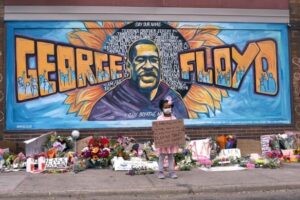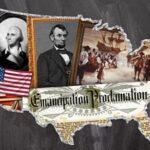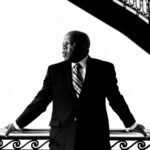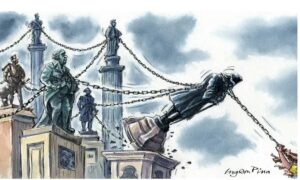 It will have been almost impossible for you to miss the reports of the death of George Floyd. The video is certainly a disturbing one, and the police involved face murder charges, whilst protests and riots have followed. A timeline can be found here.
It will have been almost impossible for you to miss the reports of the death of George Floyd. The video is certainly a disturbing one, and the police involved face murder charges, whilst protests and riots have followed. A timeline can be found here.
It has led me to reflect on the Civil Rights unit of study that we have just completed. Indeed, our very last lesson was on the 1968 Kerner Report and it’s conclusions that “Our nation is moving toward two societies, one black, and one white—separate and unequal. What white Americans have never fully understood—but what the Negro can never forget—is that white society is deeply implicated in the ghetto,” adding, “White institutions created it, white institutions maintain it, and white society condones it.” Such comments seems a scary prediction of 2020.
The BBC has produced some thoughtful articles on George Floyd, and they are well worth reading. They can be found below;
I recommend them to you, and I would love to know what your thoughts and opinions are on their arguments and ideas.
Please stay safe / be sensible as the lock down slowly eases,
Mr Kydd
STOP PRESS – can I also recommend the BBC Witness Black History pages – these contain interviews with people who were there at key moments in black and civil rights history in the USA, Britain and beyond. They really are excellent.










